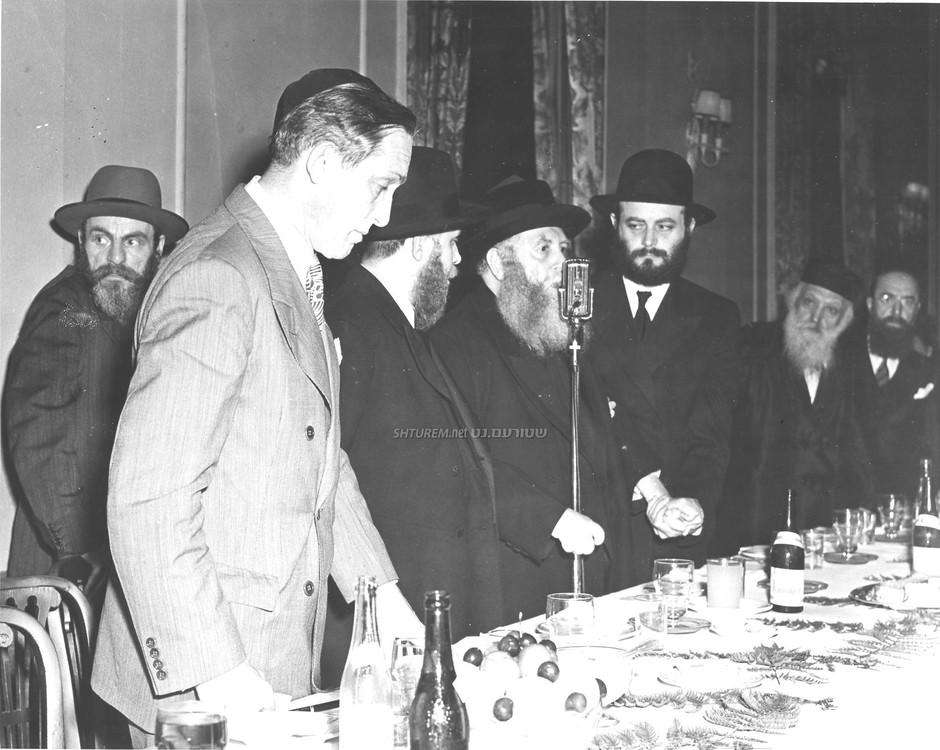The 10th of the Hebrew month of Shevat, which falls this year on Shabbos, February 8, marks the 75th Yahrzeit of Rabbi Joseph I. Schneersohn. The sixth Chabad Rebbe who relocated Chabad-Lubavitch Headquarters to New York following his escape in 1940 from war torn Europe, spent the last 10 years of his life disseminating Jewish education in the US. The following is a translated excerpt from a letter he wrote during this period.
I’ve said this many times, that the idea that things are different here in the U.S.—as an excuse to abrogate commitment to Torah, mitzvoth and yirat Shamayim—is categorically false. Especially as regards the youth, their hearts are open and receptive to any inspiration that comes from the heart.
Some delude themselves, arguing that in order to bring youth closer to Judaism, we need to shower them with praise and compliments, and avoid making demands or admonishing them. But the truth is that children recognize that they are being patronized through flattery, and will this will prove ineffective as a means of drawing them in and strengthening their commitment to Torah.
In the future, the young generation will turn to its leaders with earnest grievances:
Why didn’t you rebuke us for our behavior?
Why didn’t you convey to us the whole truth of Torah?
Why didn’t you teach us how Torah guides us in our day-to-day lives: How to stand in prayer before G-d, how to study Torah with the appropriate mindset of yirat Shamayim, and how to fulfill the mitzvoth with passion.
How will we, the leaders, answer these grievances?
On Yud Shevat 1951, the first yahrzeit of Rabbi Joseph I. Schneersohn, his son-in-law, Rabbi Menachem Mendel Schneerson, the Lubavitcher Rebbe succeeded him. On assuming leadership of Chabad-Lubavitch, the Rebbe issued a mission statement in which he identified three “loves” that will serve as the driving force of his leadership.
The three loves—love of G-d, love of Torah and love of one’s fellow—are one. One cannot differentiate between them, for they are of a single essence . . . And since they are of a single essence, each one embodies all three.
One who loves G-d will eventually come to love what G-d loves: all His children. And the individual possessed of this love will feel motivated to draw G-d’s children close to Torah, because that’s what G-d loves. One who loves the Torah will eventually recognize its unifying power, binding G-d and the Jewish people together; and one who has mastered true love of his or her fellow Jew will invariably come to love G-d, since love of one’s fellow is, in essence, the love of G-d.
So where there is a love of G-d but no love of Torah and of one’s fellow Jews, the love of G-d is necessarily incomplete. And if one has only a love for his fellow, they should strive to express that love not only in providing bread for the hungry and water for the thirsty, but also in those efforts and activities that will draw them close to Torah and to G-d.
These words are foundational to the activities spawned by the Rebbe over the course of his lifetime, which continue today: Love of G-d, love of Torah, love of the Jewish people.

Be the first to write a comment.